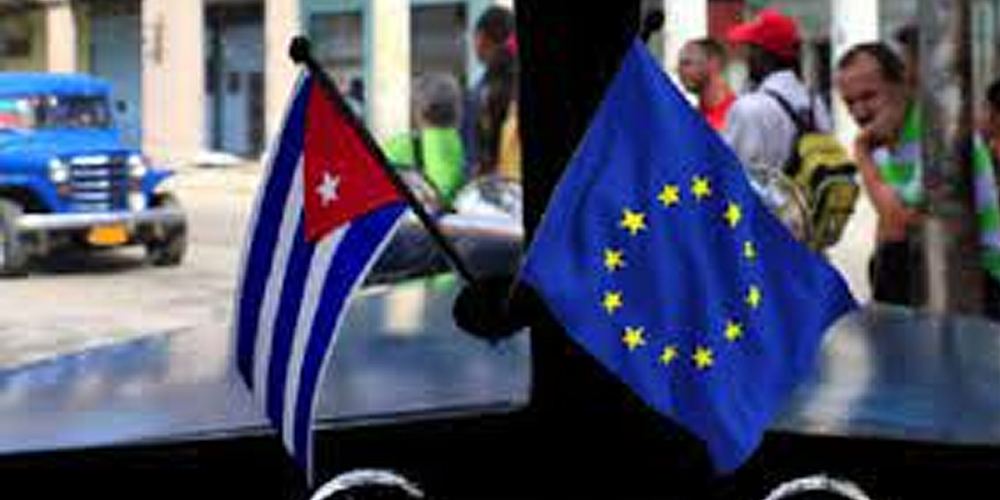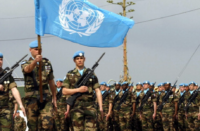The high representative of the European Union for foreign affairs and security policy, Josef Borrell, visited Cuba on 25–27 May to represent the EU at the third Joint Council of the EU-Cuba Political Dialogue and Cooperation Agreement (PDCA), which was set up in 2018. This process, established with the full agreement of EU member-states, is based on what the EU calls “critical but constructive dialogue.”
In his report back to the EU Parliament on his return Borrell reiterated the EU’s rejection of the US embargo of Cuba, and stated that EU member-states will continue to reject it at the UN. He lamented Trump’s reversal of the rapprochement initiated by Obama following the latter’s official visit to Havana in 2016. He criticised the “state sponsor of terrorism” designation by the United States, emphasising that it did nothing for the political evolution of Cuba or the well-being of Cubans, and also how it has presented serious difficulties for European businesses present in Cuba.
Borrell emphasised the EU’s support for the reform process in Cuba. The EU’s economic support—€91 million from 2021 to 2024—is focused on the reforms concerning the recently liberalised private sector in Cuba, environmental transformation, and support for youth and women’s leadership. Hw was defending the funds from attack by some of the more zealous anti-communists in the EU Parliament.
There is a far-right element of mostly Spanish MEPs who want to abandon the PDCA and impose sanctions on Cuba for alleged human rights abuses against political prisoners. They repeatedly refuse to criticise the US blockade in EU Parliament resolutions, and promote exaggerated narratives about political repression and the use of force by the Cuban authorities.
The reality is that Cuba is an exemplary country. Even with the foot of the world’s foremost imperialist power on their neck for over sixty years, Cuba has managed, with, the minimal resources available to it, to excel in the fields of medicine, health care, education, and sustainable agriculture.
According to the United Nations, Cuba is a world leader in social cohesion, inclusion and representation, education, culture and the arts, and stability and non-violence.
Trump’s baseless designation of Cuba as a state sponsor of terrorism must be reversed; and some momentum is building inside the United States behind this campaign.
Cuba sponsors and exports doctors, not terrorism.
It is shameful that President Biden has done nothing to reverse this injustice, which has such a profound effect on the everyday lives of Cubans.
Borrell is no great friend of Cuba, but even a hawkish figure such as himself has been pushed to acknowledge the political and economic reform process initiated by Raúl Castro’s transition government. The legislative elections of March 2023 had a 76 per cent turn-out, with less than 10 per cent spoiled or blank votes—a higher level of political engagement than Ireland and many other EU countries can achieve. In September 2022, after a popular consultation process, Cubans voted to approve what legal scholars consider the most inclusive, progressive and revolutionary family code in the world. It has been celebrated in particular for its expansion of women’s and LGBTQ+ rights.
The biggest challenges facing the people of Cuba today are the brutal blockade, foreign interference, and destabilisation. The current fuel crisis in particular is devastating. If the EU is really concerned about human rights in Cuba it would be doing everything in its power to circumvent the criminal sanctions, to have the “state sponsor of terrorism” designation removed, and to end the US blockade.






